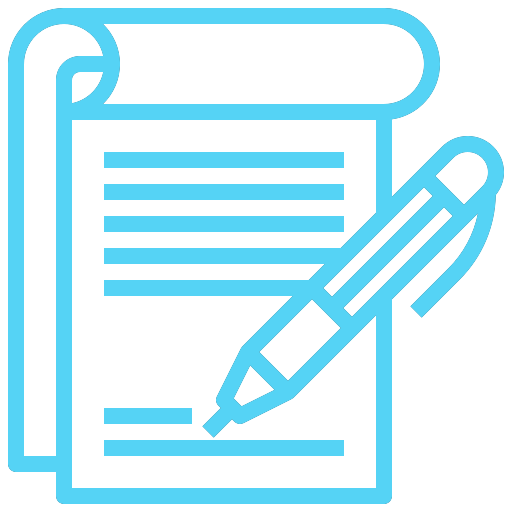
Chest pain resulting from a heart problem is typically described by patients as a crushing or dull pain in the chest or as if something heavy was placed in the middle of their chest. It can sometimes radiate to the jaw and/or the left arm and is also referred to as angina.
Less frequently it may be a burning sensation in the upper part of their belly and is easily confused with a bellyache or indigestion. Furthermore, feeling a stabbing or sharp chest pain especially if exacerbated when inhaling and exhaling is rarely related to a heart problem.
Most commonly, heart-related chest pain is a symptom of coronary artery disease, in which the vessels supplying blood to the heart muscle are narrowed and there is not enough oxygen delivered to the heart tissues. In such a case, the chest pain occurs initially and predominantly after considerable exertion. Over time it is provoked by less and less exertion.
If it persists despite rest, it may be a sign of a heart attack. In this case, it is necessary to call an ambulance.
Chest pain that occurs during atrial fibrillation has the same characteristics. However, it happens during episodes of atrial fibrillation when not induced on by exercise. Chest pain may be the only symptom of atrial fibrillation, but more commonly it is associated with palpitations, shortness of breath and the feeling of the heart racing, sometimes even dizziness and fainting.
It can be a very unpleasant feeling and you should seek medical attention urgently, ideally by calling an ambulance. If the chest pain occurs intermittently and is not associated with other symptoms, you should consult your family doctor. They may advise you to undergo an ECG (electrocardiogram) or Holter tape (also known as a 24-hour tape/ECG).
If treated promptly, atrial fibrillation can often be brought under control with medication and, in many cases, temporarily or permanently resolved by undergoing medical procedures known as cardioversion and ablation. Most patients are eligible for this treatment but there are certain circumstances or comorbidities that would make such attempts futile, hence are generally avoided.
To find out more about these procedures, click on the link to the following pages: “What is a cardioversion?” and “What is an ablation?”.
FREQUENTLY ASKED QUESTIONS
Can AFib cause chest pain?
Yes, AFib can cause chest pain due to reduced blood flow or increased workload on the heart. Persistent or severe chest pain should be evaluated immediately to rule out a heart attack.
How does AFib chest pain differ from a heart attack?
AFib-related chest pain is often caused by rapid or irregular heartbeats, while heart attack pain usually feels like a heavy, crushing sensation. Always consult a doctor to differentiate the two.
What should I do if I experience chest pain during AFib?
Sit down, remain calm, and avoid exertion. Seek emergency care if the pain is severe, lasts longer than a few minutes, or is accompanied by other symptoms like dizziness, loss of conciousness or shortness of breath.
Can AFib cause back or shoulder pain?
Yes, AFib rarely causes discomfort in the back, shoulders, or arms, especially if it is associated with poor circulation or strain on the heart. However, this is an alarming sign and you should seek medical attention immediately .
How is chest pain from AFib treated?
Treatment involves managing the AFib itself with medications, cardioversion, or catheter ablation. Pain relief may include rest and monitoring by a healthcare provider. However, chest pain is always an alarming symptom and can be the cause of a heart attack – immediate consultation of a doctor is recommended.
Is AFib the same as a heart attack?
No, AFib is an irregular heart rhythm, while a heart attack occurs due to blocked blood flow to the heart muscle. Both require medical attention but are treated differently. But sometimes they occur at the same time.

 Français
Français Deutsch
Deutsch Español
Español Italiano
Italiano Nederlands
Nederlands Polski
Polski Русский
Русский Svenska
Svenska Português
Português Hrvatski
Hrvatski Ελληνικα
Ελληνικα 简体中文
简体中文 العربية
العربية
